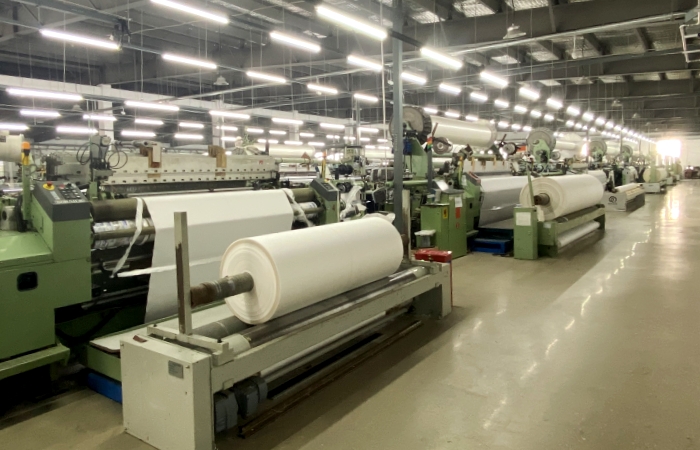What should be done when the permeability of industrial filter cloths diminishes? In industries that frequently utilize these materials-such as chemicals, mining, pharmaceuticals, environmental protection, and desulfurization-common challenges include stretching, wrinkling, difficulty in cake release, filter penetration issues, holes formation, and skewing. However, the most prevalent concern is the reduction in permeability of the filter cloth itself. How can this issue be effectively resolved? Bolian, a manufacturer specializing in custom industrial filter cloths, provides three recommendations to tackle this problem.
Frequent Cleaning
Industrial filter cloths must be cleaned regularly to ensure the filter works smoothly. Although the filter itself has a mechanism to remove filter cakes, the filter cloth remains in contact with the filter material for extended periods, This creates a complex working environment where solid particles may adhere to the fabric. If the cloth is not cleaned regularly, it will lead to an increased frequency of replacement.
Processing Method
Filter cloths are woven using a tight processing method that gives them a structured design. This structure allows the filter cloth to penetrate deeply into solid particles, making it more difficult to expel them. As these particles accumulate over time, they can block the filter's pore size, gradually reducing the filtration rate. This, in turn, leads to a decrease in the production efficiency of the filter press.
Understanding the Properties of the Filtrate
If the filtrate is alkaline, use weakly alkaline water for soaking. Soak the cloth for about 24 hours, then gently rub it a few times before hanging it to dry.

By adopting good operating habits and providing meticulous care of industrial filter cloths, one can significantly extend their lifespan while enhancing production efficiency-ultimately yielding greater economic benefits across various industries.